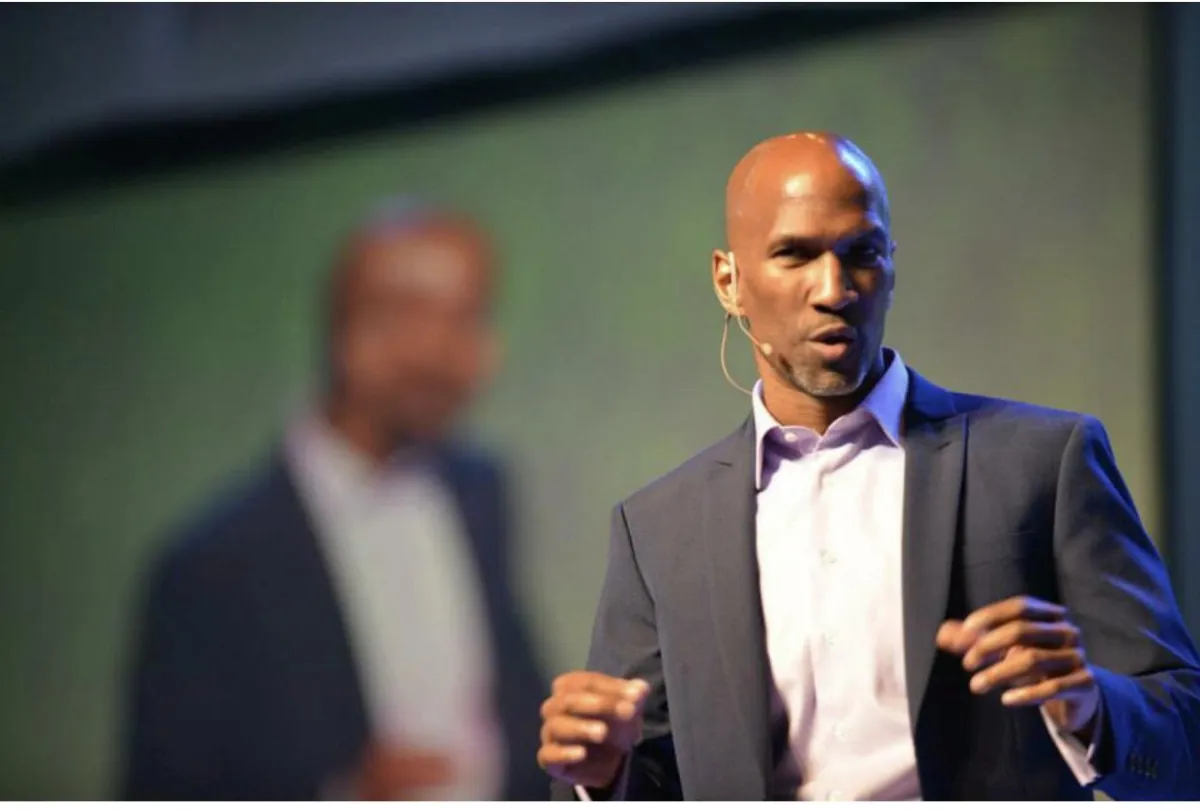
Special Guest Expert - Ed Blunt

Ed Blunt
Ed Blunt is an international speaker, trainer and coach that specializes in peak performance, mindset development and overcoming obstacles!
As a professional speaker, communication coach and corporate trainer, Ed has served over 500,000 people around the world.
As a Broadway, Television and Film actor, Ed has a unique vantage point on the power of connection, influence and high level communication.
Having built a 300 million dollar plus sales force of 140,000 representatives in multiple countries, Ed also has direct, in the trenches, business experience!
Ed continues to do voice overs in addition to a men’s and women’s prison ministry. He is the author of Bluntology: Quotes for Affirmation and Inspiration, Positive Power I & II: Practical Points in Being Your Best, Positive Power III: The Art of Preparation, Positive Power Patterns, The 5 R’s, Transitioning from a 98% to a 2% Mindset
Connect with Ed:
Please Share This With Your Followers
